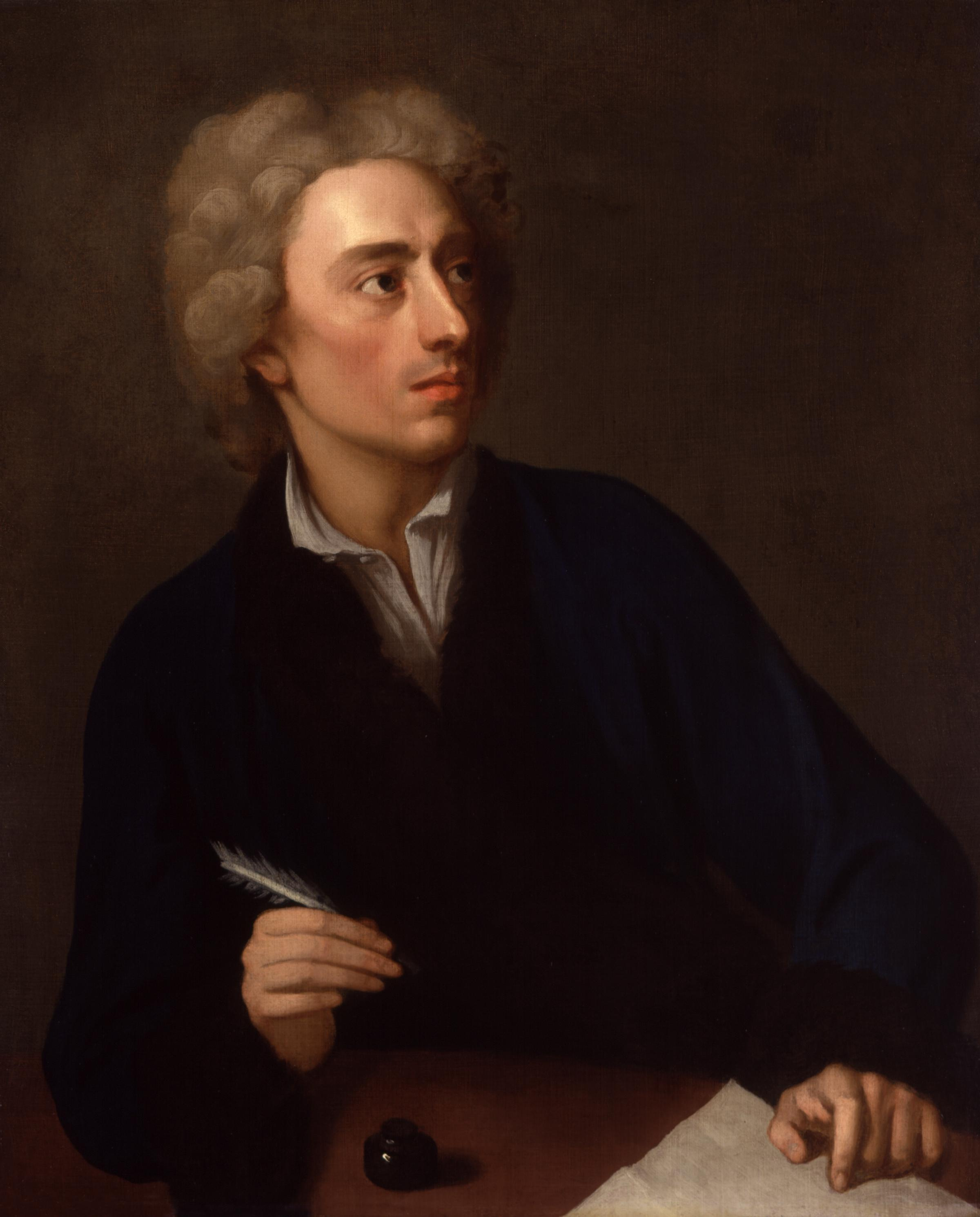Alexander Pope frasi celebri
“Errare è umano, perdonare è divino.”
da An Essay on Criticism, 1711, II parte, riga 325
Variante: Errare è umano, perdonare divino.
“Benedetto l'uomo che non si aspetta nulla, perché non resterà mai deluso.”
da Thoughts on Various Subjects
Frasi su Dio di Alexander Pope
Saggio sull'uomo
Origine: Citato in Andrew Linzey, Teologia animale, traduzione di Alessandro Arrigoni, Cosmopolis, Torino, 1998, p. 56. ISBN 978-88-87947-01-4
Alexander Pope Frasi e Citazioni
Variante: Com'è felice il destino dell'incolpevole vestale!
Dimentica del mondo, dal mondo dimenticata.
Infinita letizia della mente candida!
Accettata ogni preghiera e rinunciato a ogni desiderio.
da Thoughts on Various Subjects
da An Essay on Criticism, I, 574-5, citato in Per Difesa e Per Amore di Gian Luigi Beccaria, Garzanti, Milano 2006, pag. 35
“La natura è tutta un'arte a te sconosciuta.”
citato in Focus, n. 70, pag. 130
“Il caffè, che rende il politico saggio | e guarda a ogni cosa con gli occhi mezzi chiusi.”
da The Rape of the Lock, canto III, verso 117
Alexander Pope: Frasi in inglese
Stanza 2
Origine: The Universal Prayer (1738)
Origine: The Works of Mr. Alexander Pope (1717), Elegy to the Memory of an Unfortunate Lady, Line 45. Compare Pope's The Odyssey of Homer, Book XVIII, line 269
Preface
The Works of Mr. Alexander Pope (1717)
Stanza 1
Origine: The Dying Christian to His Soul (1712)
Remark (1738?) quoted in Anecdotes, Observations, and Characters, of Books and Men (1820) by Joseph Spence [published from the original papers; with notes, and a life of the author, by Samuel Weller Singer]; "Spence's Anecdotes", Section IV. 1737...39. p. 200
“Beauties in vain their pretty eyes may roll;
Charms strike the sight, but merit wins the soul.”
Canto V, line 33
The Rape of the Lock (1712, revised 1714 and 1717)
